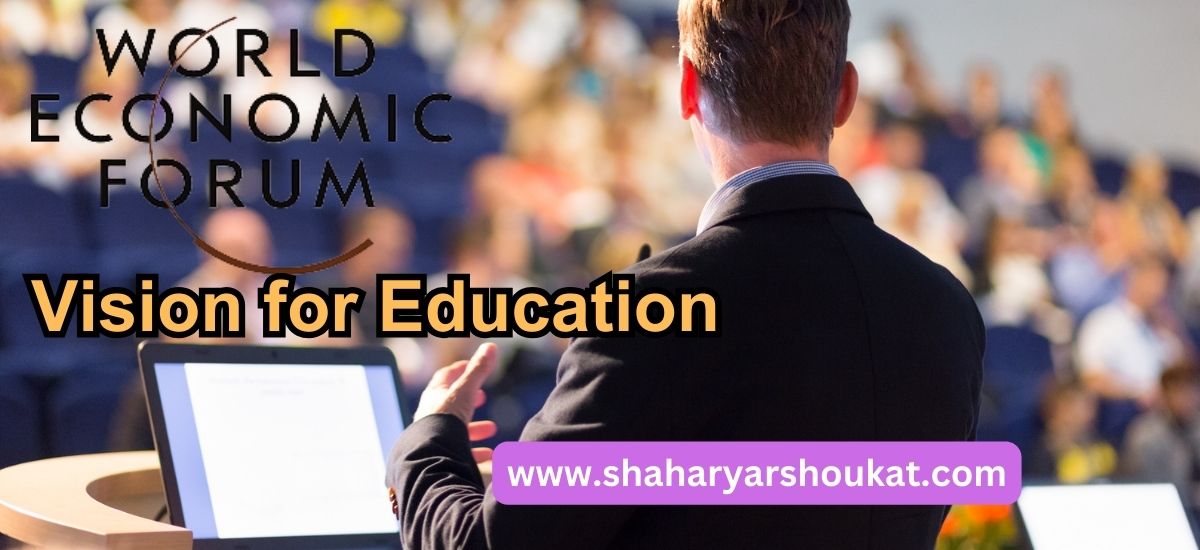In our rapidly changing world, the need for an educational transformation is evident. The World Economic Forum’s recent publication, “Defining Education 4.0: A Taxonomy for the Future of Learning,” introduces a groundbreaking framework aimed at preparing learners for the complexities of the 21st century. This initiative seeks to revolutionize the way education is perceived and delivered, ensuring it aligns with the needs of a globalized society and the evolving job market.
Understanding Education 4.0
Education 4.0 focuses on a broad set of skills, values, and attitudes crucial for students to thrive in the future. The framework emphasizes not just cognitive and analytical skills, such as critical thinking and problem-solving, but also interpersonal skills including collaboration and communication. Furthermore, it underscores the importance of nurturing attitudes and values like global citizenship and environmental stewardship.
Holistic Development for a Complex World
The aim of Education 4.0 is to foster holistic development, preparing individuals to navigate the challenges of modern life. By promoting a curriculum that integrates personalized and self-paced learning, it encourages students to develop a growth mindset. Problem-based and collaborative learning experiences are highlighted as essential for applying knowledge in real-world situations, cultivating a sense of responsibility and community engagement.
Bridging Education and the Future Workforce
The framework aligns closely with the World Economic Forum’s Global Skills Taxonomy, providing a continuum from early childhood education to lifelong learning. This alignment ensures that the skills taught are relevant to the future workforce, preparing students for careers in fields like data analysis and digital technology. By integrating cross-disciplinary skills and socio-emotional learning, Education 4.0 prepares students for both professional success and personal fulfillment.
Collaboration for Implementation
Achieving the goals of Education 4.0 requires collaboration among various stakeholders, including educators, governments, businesses, and communities. This collaborative approach aims to share best practices and innovate in teaching and learning methods. The involvement of all sectors is crucial to ensure that education systems worldwide can adapt to the demands of the future.
Conclusion: A Call to Action for Future-Ready Education
The World Economic Forum’s Education 4.0 framework presents a vision for an education system that is adaptive, inclusive, and forward-thinking. It calls for a shift from traditional learning models to approaches that prepare individuals for the challenges and opportunities of the 21st century. By embracing this vision, we can ensure that learners are equipped with the skills, knowledge, and values necessary to contribute positively to society and lead fulfilling lives.



